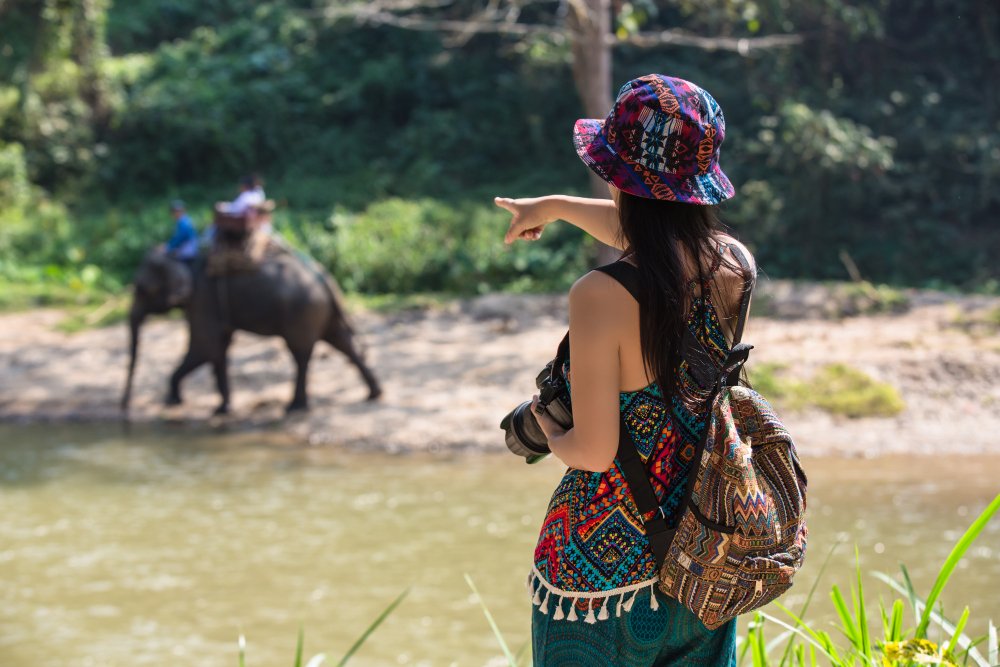The South Asian Safari: A Journey into the Heart of Wildlife Hunting
Introduction
The South Asian subcontinent, known for its diverse landscapes, from dense jungles to arid deserts, has long been a region rich in wildlife. For centuries, this part of the world has attracted hunters, naturalists, and adventurers eager to experience its unique and sometimes dangerous fauna. The concept of a “South Asian Safari” is not just about hunting; it’s about an immersive experience in one of the most ecologically diverse regions on the planet.
The Historical Context of Hunting in South Asia
Hunting in South Asia has deep roots, dating back to ancient civilizations where kings and emperors would embark on grand hunting expeditions. These hunts, known as “Shikars,” were often elaborate affairs, symbolizing power and bravery. Over time, hunting became a sport for the elite, with British colonials popularizing big game hunting during the 19th and early 20th centuries.
The Unique Fauna of South Asia
The region is home to some of the most iconic species in the world, including the Bengal tiger, Indian elephant, and Indian rhinoceros. These majestic creatures were once the prized targets of hunters. However, today, they are at the center of conservation efforts due to their endangered status.
- Bengal Tiger: Often referred to as the king of the jungle, the Bengal tiger is the most sought-after predator in South Asian safaris. Their stealth, power, and beauty make them both a challenge and a trophy for hunters.
- Indian Elephant: Revered in many South Asian cultures, the Indian elephant is not typically hunted for sport today due to legal protections. However, their majestic presence is a highlight of any safari.
- Indian Rhinoceros: Known for its thick, armor-like skin, the Indian rhinoceros was once heavily hunted for its horn. Conservation efforts have been crucial in reviving its dwindling population.
Modern-Day Hunting: Ethics and Conservation
The contemporary view of hunting in South Asia has shifted dramatically. With the decline in wildlife populations, many species are now protected by law, and hunting them is illegal. The focus has moved from hunting for sport to wildlife conservation. Safari experiences in South Asia today are often centered around photography and wildlife observation, offering a sustainable alternative to traditional hunting.
The Role of Conservation Safaris
In recent years, conservation safaris have gained popularity. These safaris are designed to support wildlife conservation by raising awareness and funds for the protection of endangered species. Participants are educated about the importance of preserving the delicate ecosystems of South Asia while enjoying close encounters with wildlife in their natural habitats.
The Future of South Asian Safaris
As conservation efforts continue to grow, the future of South Asian safaris lies in sustainable tourism. By promoting eco-friendly safaris that respect wildlife and their habitats, we can ensure that future generations will have the opportunity to experience the wonders of South Asia’s rich biodiversity.
Conclusion
The South Asian Safari is more than just a hunting expedition; it’s a journey through time, culture, and nature. While the thrill of the hunt once defined this experience, today’s safaris are a testament to the region’s commitment to wildlife conservation. As we look to the future, the challenge will be to balance the allure of adventure with the responsibility of preserving the natural world for generations to come.. Dramatically supply transparent expertise whereas market-driven testing procedures.


Comments are closed